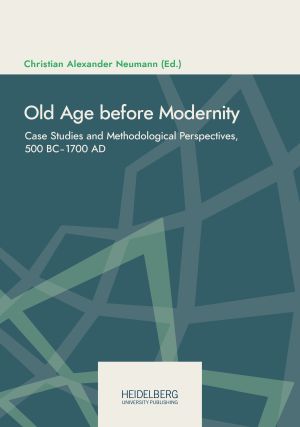Zitationsvorschlag
Lizenz (Kapitel)

Dieses Werk steht unter der Lizenz Creative Commons Namensnennung - Nicht-kommerziell - Keine Bearbeitungen 4.0 International.
Identifier (Buch)
Veröffentlicht
Ageing and Old Age – Socio-Gerontological Concepts and Approaches
Abstract In preindustrial societies, the social position of the elderly was often related to their control over (communal) land and their family situation (single, married, widowed). In modern societies, social and health differences among older men and women are strongly influenced by their level of education. Modern sociogerontological concepts and theories (disengagement theories, life cycles approaches or concepts of active ageing) refer to societies with high life expectancies and socially structured retirement from work for a large part of the population. In affluent milieus of prosperous societies, old age is increasingly viewed as a process that can be actively counteracted (for example by means of active participation in sport, lifelong learning or antiageing interventions). Ageing processes are rapidly changing in historically new ways. Nonetheless, there is one main sociogerontological observation that is pertinent for analysing old age in preindustrial societies: chronological age is generally a poor indicator for ageing processes as people age differently, depending on their gender, economic status, biographical experiences and health behaviour. The situation of elderly men and women is also influenced by cohort effects, in the sense that people born earlier or later experience different societal conditions, particularly in rapidly changing societies or during wars, economic crises or epidemics.






